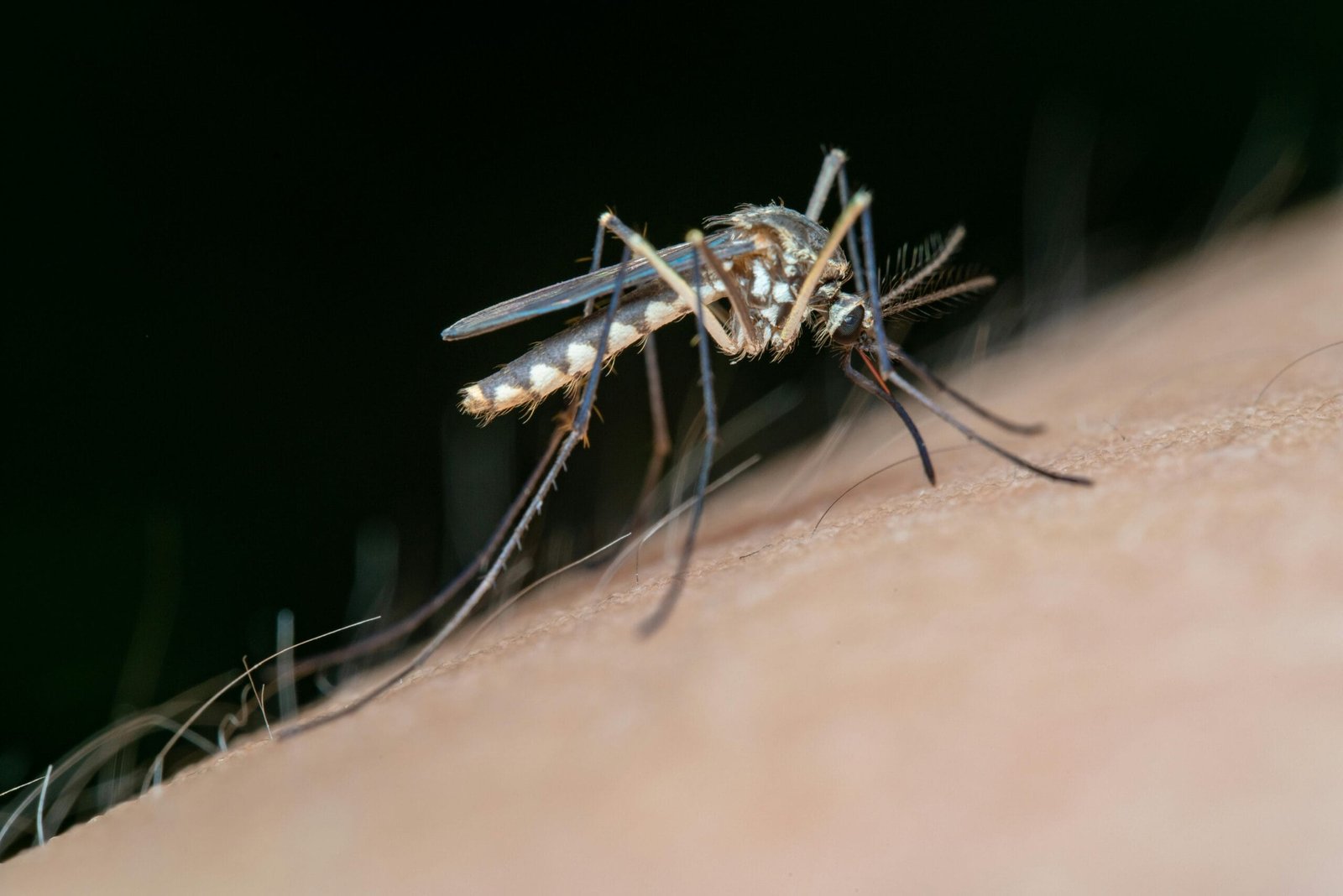
Japanese Encephalitis
What is Japanese Encephalitis?
Japanese Encephalitis is a viral brain infection caused by the Japanese Encephalitis Virus (JEV). It is transmitted through mosquito bites, primarily by the Culex mosquito species. JE is most prevalent in rural and agricultural regions, especially in Asia and the Western Pacific.
Key Facts About Japanese Encephalitis
- Causative Agent: Japanese Encephalitis Virus (JEV).
- Transmission: Spread by infected mosquitoes, particularly those breeding in rice paddies and standing water.
- Risk Regions: Countries in Southeast Asia, the Pacific Islands, and parts of Australia.
- Affected Population: Primarily children under 15 and those in rural areas.
- Fatality Rate: Up to 30% in severe cases without treatment.
- Prevention: No cure is available, but it is preventable through vaccines and precautions against mosquito bites.
Symptoms of Japanese Encephalitis
Symptoms usually appear 5-15 days after infection and include:
Early Stage:
- Fever, chills, and headache.
- Nausea and vomiting.
Severe Stage:
- Neck stiffness.
- Confusion, disorientation.
- Seizures or tremors.
- Coma (in extreme cases).
Note: Many infections are asymptomatic (show no symptoms), but severe cases can lead to brain damage or death.
How to Protect Yourself?
Vaccination:
- JE vaccines are available and highly effective.
- Recommended for travelers visiting endemic areas and people living in high-risk regions.
Avoid Mosquito Bites:
- Wear protective clothing (long-sleeved shirts and pants).
- Use insect repellents containing DEET or picaridin.
- Sleep under mosquito nets, especially in rural areas.
Reduce Mosquito Breeding:
- Eliminate standing water around homes.
- Ensure proper sanitation in agricultural areas.
Current Statistics
- Global Cases: Approximately 68,000 cases annually, with most reported in Asia.
- Mortality Rate: 20%-30% among severe cases.
- Long-term Effects: 30%-50% of survivors experience permanent neurological issues like paralysis, speech impairment, or cognitive deficits.
Countries Affected by JE
- High-risk countries: India, Nepal, Bangladesh, Thailand, Vietnam, and Cambodia.
- Recent Outbreaks: Add recent statistics or details specific to your region if available.
Why Awareness Matters?
- Early vaccination and preventive measures can save thousands of lives.
- Many people are unaware of JE, leading to delayed treatment and higher mortality rates.
- Mosquito control also helps reduce other diseases like dengue and malaria.
Tips for a Healthy Community
- Organize awareness campaigns about JE and its vaccine in schools and rural areas.
- Promote environmental sanitation to reduce mosquito breeding.
- Provide free or subsidized vaccines for high-risk groups in endemic regions.
Dont Hesitate To Contact Us
We’re here to help! If you have any questions, feedback, or need assistance, please feel free to reach out.
Trusted Resources for More Information
World Health Organization (WHO)
The World Health Organization provides detailed insights into Japanese Encephalitis, including its symptoms, prevention strategies, and global impact. Stay informed by exploring their expert resources.
For more information, visit the
Centers for Disease Control and Prevention (CDC)
The CDC offers valuable guidance on vaccination options, travel precautions, and steps to protect yourself from Japanese Encephalitis, especially for travelers to high-risk regions.
Learn more about vaccination options on the
Indian Ministry of Health and Family Welfare
For residents of India, the Ministry of Health and Family Welfare provides resources on vaccination programs, disease surveillance, and prevention measures. Find out where to get vaccinated and stay updated on government initiatives.
Find vaccination centers near you through the


